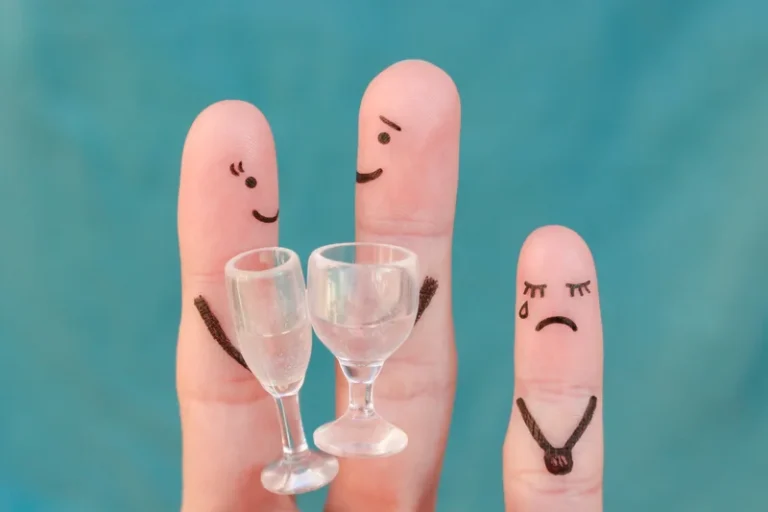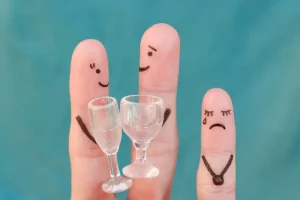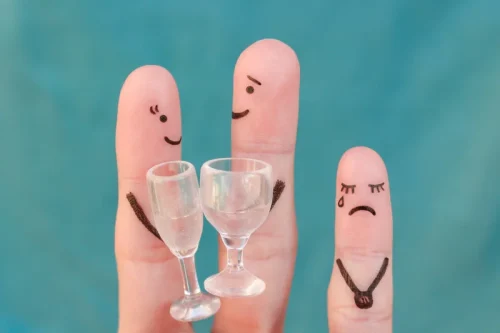
Research has found several behavioral therapies that have promise for treating individuals with co-occurring substance use and mental disorders. Health care providers may recommend behavioral therapies alone or in combination with medications. While increased tolerance and dependence must be present for a formal substance use disorder diagnosis, many people become addicted to substances before developing physical dependence and withdrawal symptoms.

Changes in the brain
Clinical trials are research studies that look at new ways to prevent, detect, or treat diseases and conditions. The goal of clinical trials is to determine if a new test or treatment works and is safe. Although individuals may benefit from being part of a clinical trial, participants should be aware that the primary purpose of a clinical trial is to gain new scientific knowledge so that others may be better helped in the future.

Drug Abuse and Addiction

Public health practitioners have attempted to look at substance use from a broader perspective than the individual, emphasizing the role of society, culture, and availability. Some health professionals choose to avoid the terms alcohol or drug “abuse” in favor of language considered more objective, such as “substance and alcohol type problems” or “harmful/problematic use” of drugs. If treated, the prognosis of alcoholism and other drug abuse and addiction disorders improves but is not without challenges.
- They’re often used and misused in search for a sense of relaxation or a desire to “switch off” or forget stress-related thoughts or feelings.
- These lists describe the basic or parent chemical and do not describe the salts, isomers, salts of isomers, esters, ethers, and derivatives which may be controlled substances.
- Drugs known to produce physical dependence are the opiates (i.e., opium and its derivatives) and central-nervous-system depressants such as barbiturates and alcohol.
- People with substance use disorder usually struggle with relapse for their entire lives and often go through continuous cycles of intoxication, withdrawal, and preoccupation with the substance.
- When people use the term substance abuse, they are usually referring to the use of illegal drugs such as cocaine, heroin, and methamphetamine.
Commonly Abused Drugs
- Johns Hopkins Medicine currently has a sufficient sterile fluid supply to meet treatment, surgical and emergency needs.
- Although individuals may benefit from being part of a clinical trial, participants should be aware that the primary purpose of a clinical trial is to gain new scientific knowledge so that others may be better helped in the future.
- By these definitions, alcohol is a drug that can cause both physical and psychologic dependence.
- The most vocal of the proponents of recreational drug use are those who smoke marijuana.
Substituted cathinones can be eaten, snorted, inhaled or injected and are highly addictive. These drugs can cause severe intoxication, which results in dangerous health what is the best treatment for substance abuse for older adults effects or even death. Synthetic cannabinoids, also called K2 or Spice, are sprayed on dried herbs and then smoked, but can be prepared as an herbal tea. Despite manufacturer claims, these are chemical compounds rather than “natural” or harmless products.

In almost every area of medicine, the physician will come in contact with many patients whose ability to function is significantly impaired by their use of drugs, alcohol, or both. People with a SUD may also have other mental health disorders, and people with mental health disorders may also struggle with substance use. These other mental health disorders can include anxiety disorders, depression, attention-deficit hyperactivity disorder (ADHD), bipolar disorder, personality disorders, and schizophrenia, among others.
- In addition, the National Institute on Drug Abuse (NIDA) reports that people who use marijuana can become addicted.
- While men are more at risk for developing a chemical dependency like alcoholism, women seem to be more vulnerable to becoming addicted to alcohol at much lower amounts of alcohol consumption compared to men.
- According to the latest statistics, 21.8% of Americans over the age of 12 (or 61.8 million) have used illicit drugs in the past year, and 8.9 million people over the age of 12 have misused opioids.
- In the United States, 5 to 10% of the adult population is said to have a drinking problem; about 600,000 persons are addicted to heroin; and an estimated 25 million Americans have at least tried marijuana.
- It also is essential that the provider tailor treatment, which may include behavioral therapies and medications, to an individual’s specific combination of disorders and symptoms.
These brain changes can be persistent, which is why drug addiction is considered a “relapsing” disease—people in recovery from drug use disorders are at increased risk for returning to drug use even after years of not taking the drug. Drug addiction, also called substance use disorder, is a disease that affects a person’s brain and behavior and leads to an inability to control the use of a legal or illegal drug or medicine. Substances such as alcohol, marijuana and nicotine also are considered drugs. When you’re addicted, you may continue using the drug despite the harm it causes.
- Use these free digital, outreach materials in your community and on social media to spread the word about mental health.
- Treatment for substance use disorders may involve behavioral therapies, medications, or a combination of different approaches.
- Explore key milestones, discoveries, and the impact of NIMH-funded studies on mental health.
- Maintaining sobriety after treatment for substance use is no small undertaking.
- Anabolic steroids have no mood-altering or intoxicating properties, but they can still be misused.
- People diagnosed with generalized anxiety disorder, panic disorder, primary insomnia, and gastroesophageal reflux are usually advised to reduce or eliminate regular caffeine use.
- The term addiction is often used synonymously with dependence but should probably be reserved for drugs known to cause physical dependence.
